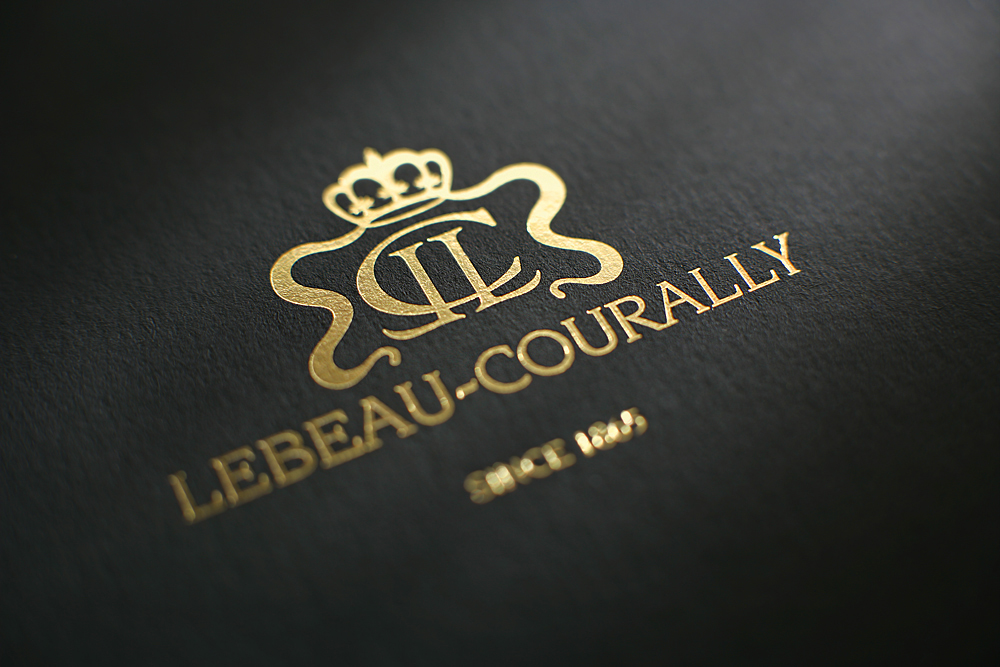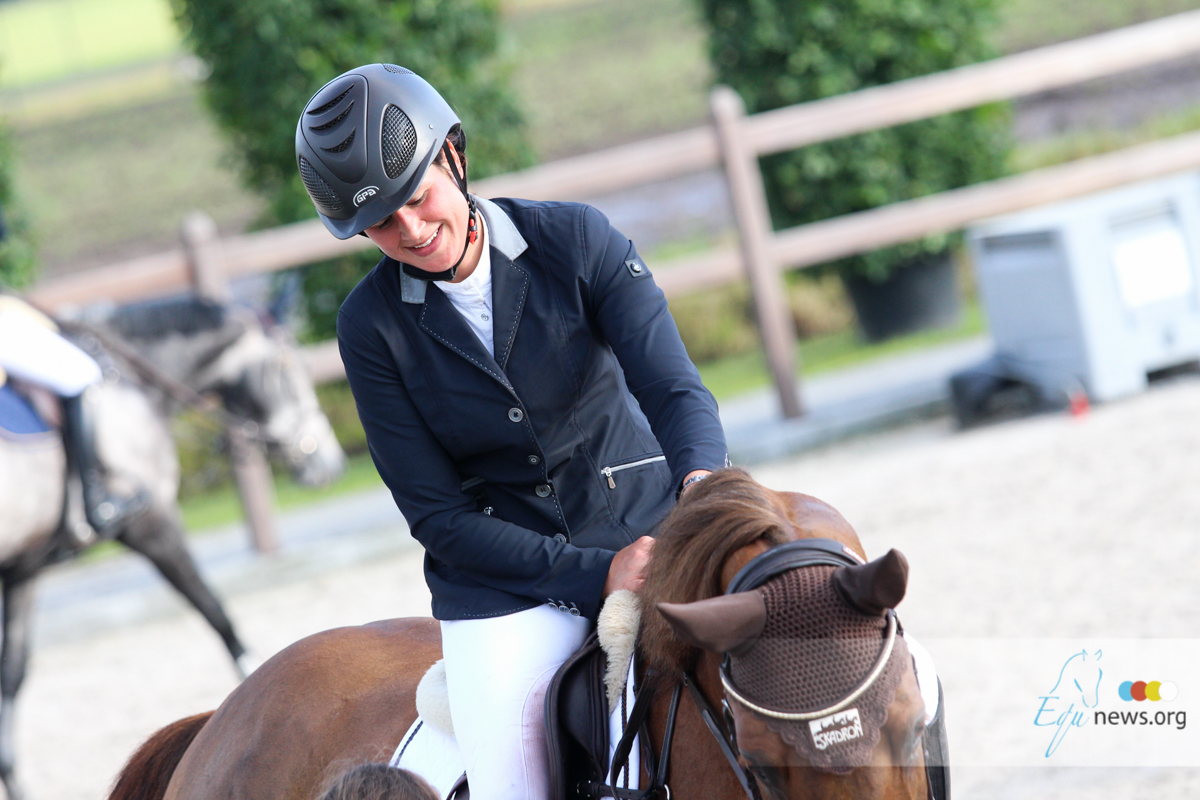Delicate and lovingly crafted paintings of the relationship between the Chinese and their horses abound from all periods of Chinese history, showing there is no doubt that the horse has been an integral part of Chinese life for thousands of years. Records dating back to as early as the Shang Dynasty (c. 1600 - c. 1050 BC), demonstrate that horses were integral to Chinese military operations. Warhorses were originally culled from the vast herds roaming free on the grassy plains of north-eastern China and Mongolian plateau. The hardy Central Asian horses, generally short-legged with barrel chests, were perfectly built with the required strength and endurance ideal for the cavalry. Today horses in China are still used as working horses, predominantly on farms in the rural parts. Most of these farmers are located in the north west of China in the autonomous region Xinjiang. However, over the last half century, horses were increasingly being used for sport and leisure, such as polo, racing, show jumping and dressage. Equestrian sports were included in the first National Games of China in 1959, and since then popularity for equestrian sport in China has increased rapidly. The stocky and hardy Chinese nomadic breeds were not ideally built for these western sports so in order for the Chinese to progress in western equestrian sports, high quality warm bloods and thoroughbreds were imported from overseas and integrated into Chinese horse breeding programmes. The 2008 Beijing Olympics saw a Chinese Show Jumping team competed in an Olympic Games for the first time, and Alex Hua Tian became the first Chinese Event rider to compete at the Olympic Games. Now there are more than 300 professional horse riding clubs in China, with 204 of these situated throughout eastern China around the developed cities. Equestrian sports are now ranked fifth in the sporting interests of the Chinese. After Beijing 2008, the introduction of the FEI World Cup China League further strengthened China's place on the international equestrian circuit. With more international shows like the Shanghai International Horse Festival in December 2013 and the eagerly anticipated Shanghai Global Champions Tour set to take place in 2014, there is no doubt that China has a lot to offer to the future of equestrianism.
China's rich history in equestrianism
-
categories: Lifestyle



